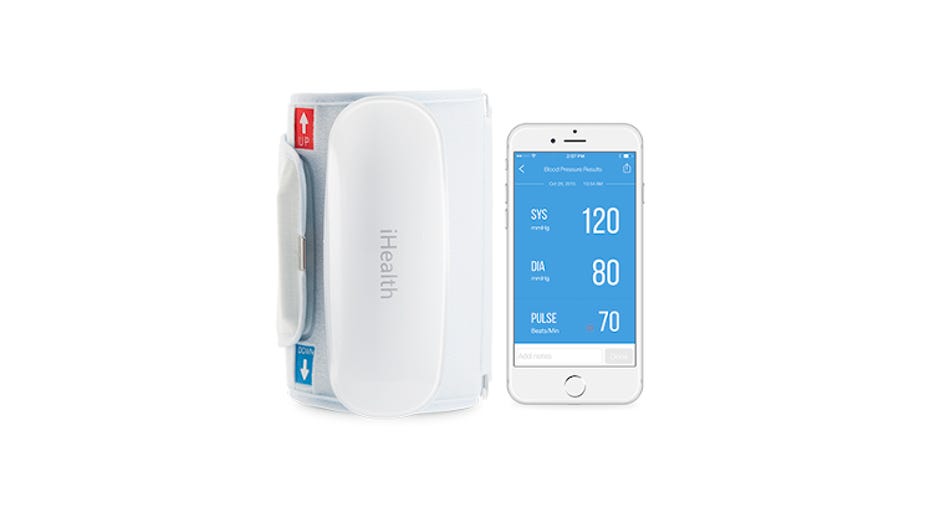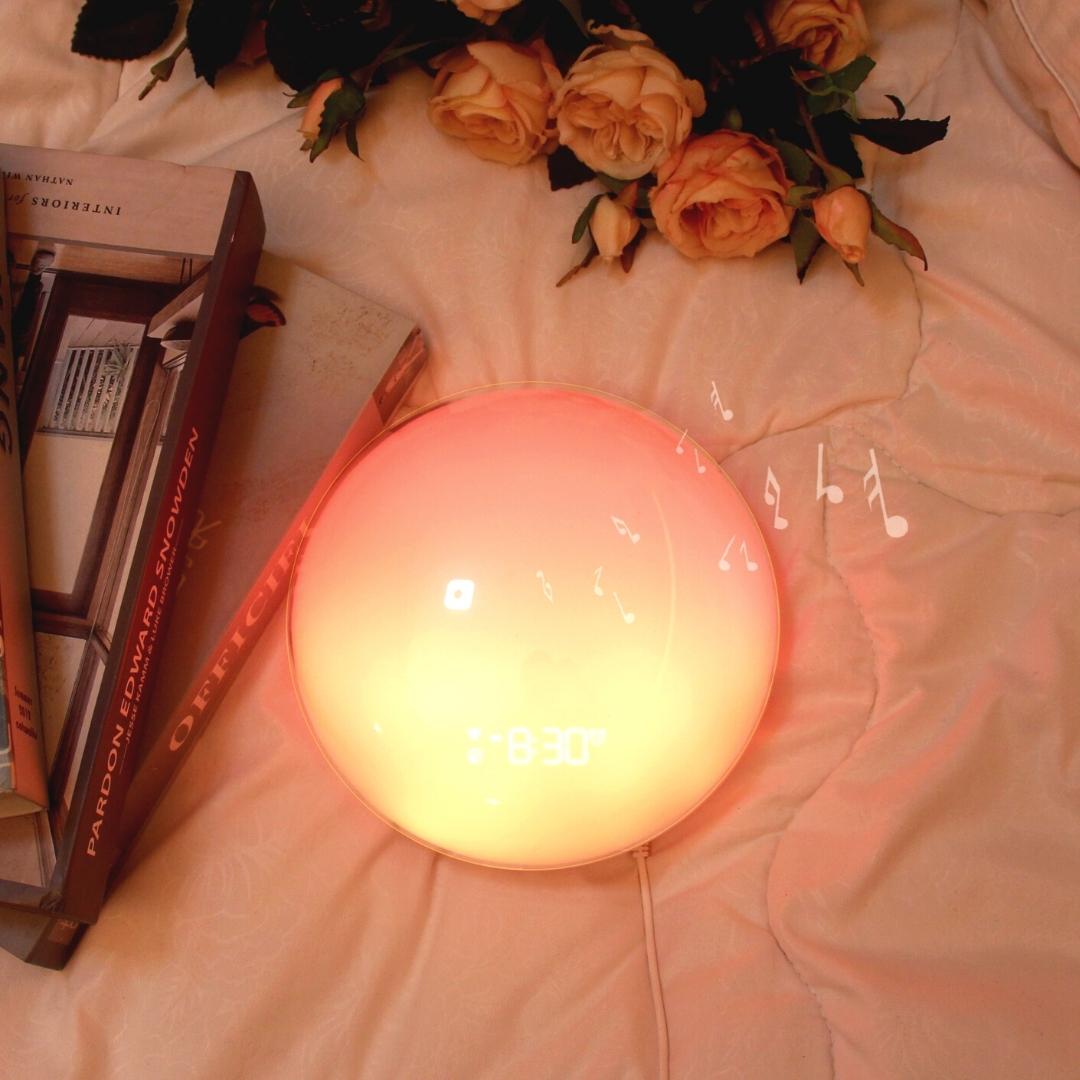
A personal protection device is a device that can protect the wearer from harm. These devices are useful for people who work in dangerous environments such as night shift workers or in hostile environments. These devices can even save lives, and give you peace of mind. Learn more about personal security devices. Here are some of the most commonly used personal protection devices. You can also find out about Safesound safety jewellery and personal alarms.
Face shields
PPE is crucial for protecting against bacteria and viruses. Respirators offer the same protection, but face shields don't provide the same level of protection. They do not block the droplets that are inhaled and exhaled by the user. They do offer some protection for the eyes and can help prevent infection spreading. Although face shields do not provide protection against infection, they can be used as a supplement to protective equipment in situations where it is not possible to use conventional masks.

Mace
A Mace personal protective device is a self defence device that releases chemicals that temporarily incapacitate people who come in contact with them. This type of chemical is used to protect individuals, in warfare, and for police purposes. The Mace is not legal in all states. However, you can use it to protect yourself in a wide range of situations. Read on for more information about the Mace and its benefits.
Personal alarms by Safesound
KOSIN Safe Sound Personal Alarms have six individual alarms that emit a loud, 130-140 dB continuous sound. This alarm can alert up to 600 feet to anyone about your location. They come with a keyring on top and small lanyards on the sides. These alarms can be concealed easily and provide personal protection for children or women.
Alarms with safesound
The Safesound personal alarm system sounds an audible 130dB warning signal which attracts attention up to 300 meters. The personal alarm is fully rechargeable and does not require any replacement. It charges in 30 minutes using a USB data cable and has a standby life of one year. This personal safety alarm can produce the sound for up to 50 minutes and will draw attention up to 300 yards away. Unlike other personal safety device alarms, Safesound personal protection device alarms last for up to one year on standby.

Wohome SA-01-8 Safesound personal alarms
The Wohome SA-01-8 Safesound personal safety alarm comes with 8 auto-defensa warnings. The alarms have a modern design, are made of durable plastic, and have a senal that can detect movement up to 606 feet away. You will never have to worry about falling asleep with a loud alarm again. And because of their versatility, you can use them for a variety of different applications, including those that require more protection than a simple doorbell.
FAQ
Where can I purchase a stun gun
Stun guns can be purchased at many locations.
You can check online stores like Amazon .com, eBay, Walmart, etc.
Brick-and Mortar stores such as hardware stores and sporting goods shops are also open to you.
How do beginners do self-defense?
Self-defense does not require that you have been trained by an expert. It is important to learn how to defend oneself when you are on your own. To protect yourself against an attack, you should know the basics.
You can start by practicing simple movements such as punching, kicking, and kneeing. Then you can add more advanced moves like grappling and joint locks.
It is always good to practice things that are similar to what you would encounter in real-life situations. You should try to learn how you can kick someone on a soft surface like a pillow.
This will ensure that you don't cause injury to yourself while practicing. Also, ensure you don't hit anything hard because you might break something.
How do you stay safe if your body isn't able to defend yourself?
If you're not physically capable of protecting yourself against an attacker, you should look for someone who is.
You may need to ask the police for help. It may be necessary to dial 911. But if you don't take any action, you could die.
You can also reach out to your local domestic violence shelter. Safety planning classes are offered by many shelters to help women protect themselves.
What should I look for in a self-defense class?
Look at the instructor's reputation and experience when selecting a self-defense class. Ask about their qualifications and background.
Ask if there are any discounts or free trials. You may be eligible for special discounts and offers from instructors who teach new students.
Ask about online classes.
Ask about whether they offer emergency medical care following a class. This is especially important if you get injured during a class.
Look for a class that has a variety of exercises. This gives you plenty of time to experiment with each technique before moving on.
Is it legal to carry a stungun?
Yes. But, you'll need to get a permit from your local government.
To apply for a permit, you must fill out an application form and pay a fee.
After you have received your permit, keep it in plain sight (like your wallet).
If your permit is revoked, you will have the opportunity to apply for a new permit.
Statistics
- Most likely, you'll get tapped out by 90% of the people in your first 3-5 months. (mmaclan.com)
- Boxers aren't allowed to fight in a clinch, which is a position that occurs in 80% of the streetfights. (mmaclan.com)
- In a January 2018 survey of 1,000 women nationwide, 81 percent reported experiencing some form of sexual harassment, assault, or both in their lifetime. (healthline.com)
- Most likely, the person will want some kind of boxing match, so if you can out-box them, this would be 100% ideal for survival. (budodragon.com)
External Links
How To
How to Survive a Home Invasion
Home invasion is terrifying, especially when you have kids. When we began our home security system installation journey, we didn't realize we'd live through it ourselves. Here's our experience so far.
-
Don't let your children witness the attackers. Two men broke into the house while our children were sleeping upstairs. They were taken downstairs by us until police arrived. Although our children weren't injured, they were traumatized enough.
-
Lock Up All Valuables. All valuables are kept in a safe in the bedroom. Even if someone breaks into the house, they won't be able to access it.
-
Keep an eye out for burglars. We live in a neighbourhood that is notorious for burglaries. We watch out for suspicious cars and people.
-
Have A Backup Plan. We will provide financial support for our family in the event of an emergency. If necessary, we have a plan for leaving the country.
-
Prepare. Be prepared in case you are ever forced to defend your own life. Be prepared with food, water, as well as other supplies.
-
Call 911 First. Call 911 immediately if you suspect that someone has broken into the house. It's better not to wait for someone to break into your home than to call the police.
-
Use common sense. Do not let anyone enter your home if you don't feel at home. Don't invite strangers over.
-
Get Help From Neighbors Or Other People In The Area. If you feel unsafe, call your neighbors or friends. They can be there to help you while you call 911.
-
Keep calm and do what is instructed by police officers. Keep calm and do as the officers direct. Avoid fleeing or resisting arrest
-
Photograph All Evidence. Photograph any evidence that is found during an investigation. You can take pictures of fingerprints, blood samples, or other evidence.
-
Local Law Enforcement Should Be contacted. Even if you are not the victim, it is a good idea to file a report with local law enforcement. You may be able to prevent other crimes.
-
Contact your Insurance Company immediately. Call your insurance company immediately. Tell your insurance company everything that has happened, and ask them to send an adjuster.
-
Retire Personal Belongings. Before you leave the scene, remove personal belongings. Don't wear expensive jewelry. Take it off and put it away.
-
Clean Up After Yourself. Keep your surroundings clean. Clear away trash and broken glass. Make sure that all doors and windows are securely locked.
-
Don't talk about the events. Don't talk about anyone's past. It is possible that someone might use the information against you.